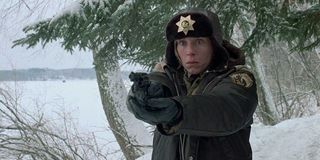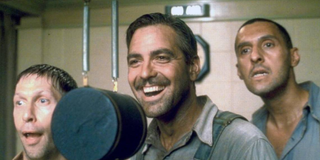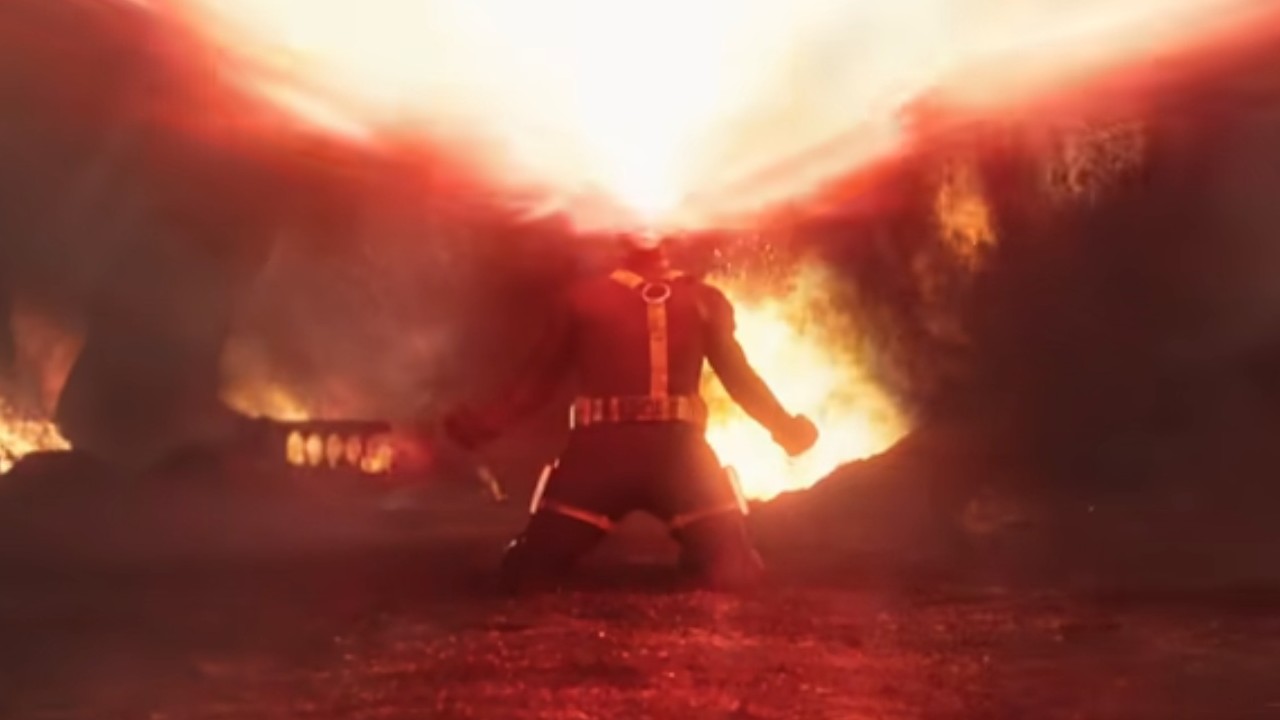coen brothers
Latest about coen brothers
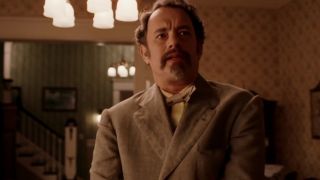
I Rewatched The Lowest-Rated Coen Brothers Movie On Rotten Tomatoes, And I Still Think It's Funny
By Hugh Scott published
A great cast, and some really funny moments.
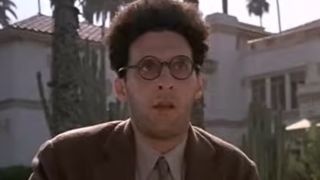
My Favorite Coen Brothers Movie Is Probably Their Most Overlooked, And It's The Only One That Has Won The Palme d'Or!
By Rich Knight published
I'll show you the life of the mind!

Why Aren’t The Coen Brothers Making Movies Together Anymore? The Answer Is Not What I Expected
By Ryan LaBee published
What was the reasoning behind the Coen Brothers’ split?
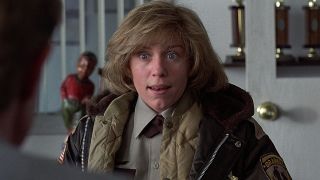
32 Hilarious Quotes From Coen Brothers Movies
By Hugh Scott published
The Coens are masters at dialogue and here's some of their best work.
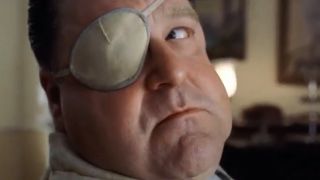
32 Most Insane Side Characters In Coen Brothers Movies
By Hugh Scott published
The Coen brothers are masters at writing side characters. Here is a list of some of the craziest characters in their many movies.
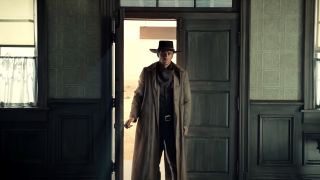
My Choice For The Coen Brothers' Most Underrated Movie Is Totally Unexpected, But I Can Back It Up
By Rich Knight published
The Coen Brothers have a lot of great films, but there's only one in their entire filmography that I think people are completely sleeping on.
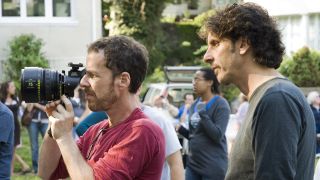
Ethan Coen Is Lining Up A Great Cast For His First Movie Without Brother Joel
By Adam Holmes published
Ethan Coen is putting together his first movie without brother Joel Coen, and he’s already lined up a great cast.

Loki: How The TVA Was Partially Inspired By A Coen Brothers Classic
By Nick Venable published
Beyond all the classic sci-fi, Loki's director revealed to CinemaBlend the Coen brothers film that served as a TVA inspiration.
Your Daily Blend of Entertainment News
